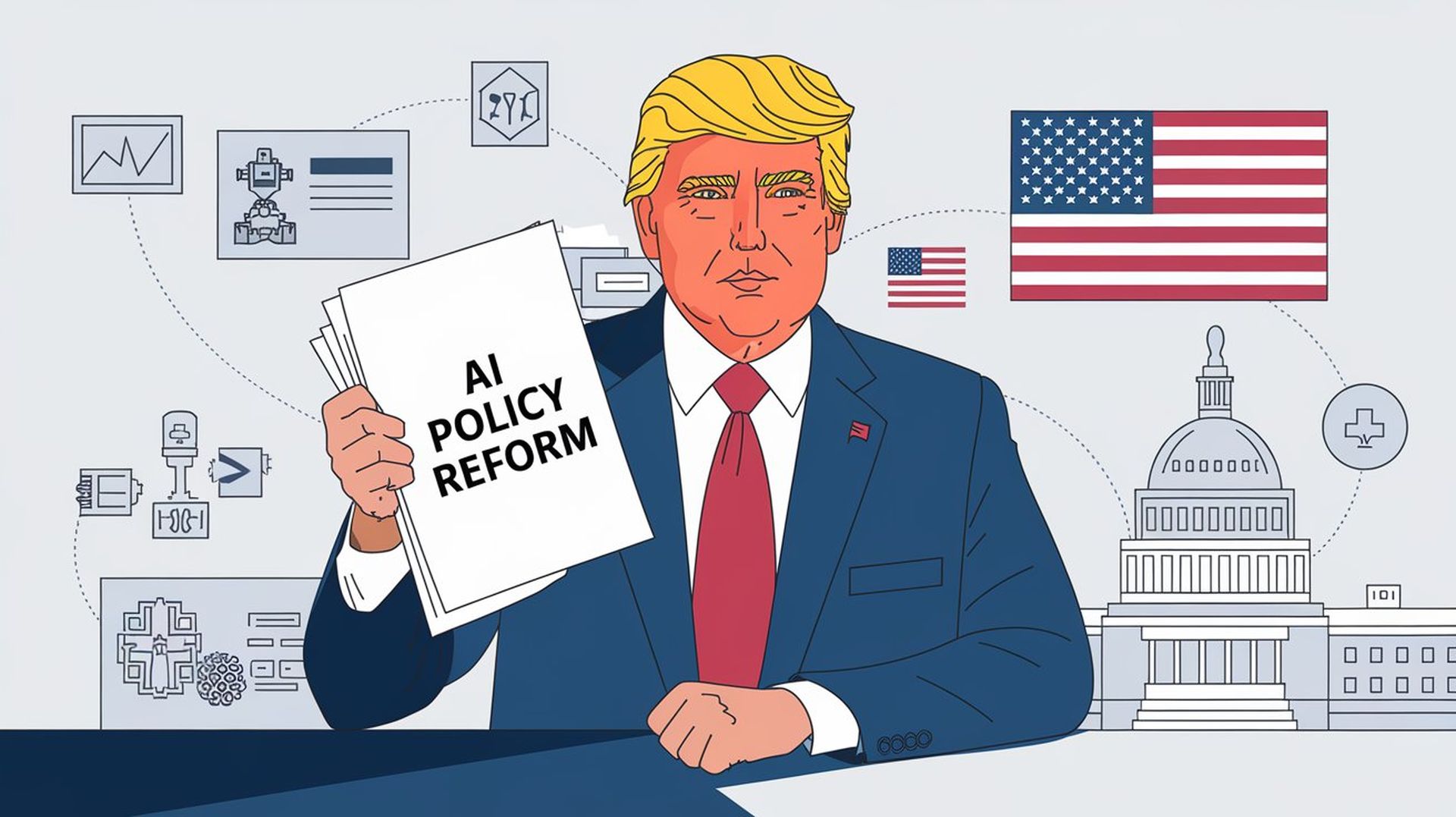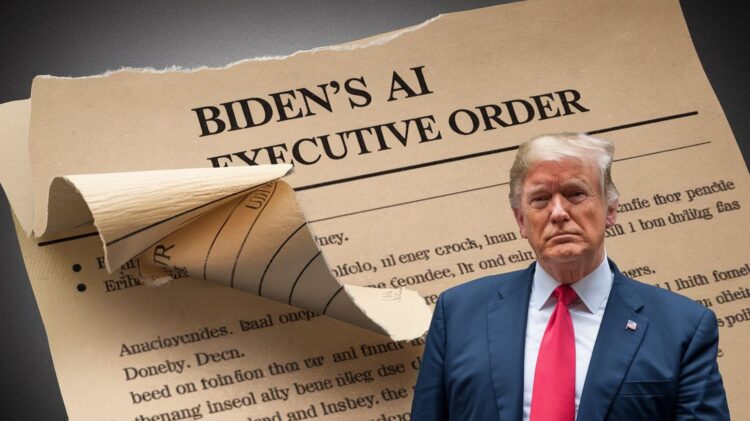Donald Trump’s presumptive win in the 2024 presidential election appears to mark a shift in the U.S. approach to AI policy, with Trump indicating he plans to scrap President Biden’s 2023 AI Executive Order early next year. The regulatory framework requiring companies to report on model vulnerabilities and security tests and Biden’s power to create the U.S. AI Safety Institute (AISI) were founded by Biden’s order. If Trump backs down on the order, these regulatory efforts could be rolled back, and many will wonder what a different administration’s AI priorities might be.
However, Trump and his allies insist it stifles innovation while Biden holds all the power. High-profile Republicans such as Representative Nancy Mace and Senator Ted Cruz have spoken out against it, criticizing safety standards as a needless hassle for businesses and even a threat to free speech. The potential for Trump’s deregulatory view to extend beyond Biden’s executive order could also extend beyond broader industry plans like the CHIPS Act, which aims to support domestic semiconductor manufacturing, or even trade tariffs on AI hardware imports. Although Trump’s administration does not know how to handle these changes, relaxing regulations seems likely.
AI development could face new obstacles under Trump’s trade policies
Trump’s proposed trade policies may also impact the AI sector. In the name of protecting his citizens and their jobs, he will put a 10 percent tariff on all products imported into the U.S. and a more than 60 percent tariff on Chinese products, which would considerably harm the access to raw materials for the AI industry including high-performance GPUs needed for training of complex AI models. Trump has also signaled a desire to ratchet up AI chip export controls against China, increasing risk and slowing the development of American tech firm’s tools.

Restricting access to skilled labor could add to these challenges, as Trump has proposed tightening H-1B visa rules, which many AI firms rely on to attract top talent from abroad. These policies may make it difficult for U.S. companies to remain competitive in the fast-evolving AI landscape, potentially driving some firms to seek alternative locations or resources.
States may take on a larger role in AI oversight
With federal AI regulations in flux, some states may step in to fill the gap. California, Colorado, and Tennessee have already enacted AI-related regulations, addressing areas like voice cloning, transparency in training methods, and protections against deepfakes. If Trump scales back federal oversight, states may create AI laws to protect consumers and workers, adding a layer of complexity for companies operating across multiple states.
Meanwhile, tech industry players like Elon Musk, who supported Trump’s campaign, could influence AI policy. Musk’s company xAI, known for its Grok-2 language model, may see favorable conditions under Trump, potentially shaping AI policy to align with Musk’s priorities in free speech and technological development. Trump’s policy direction on AI remains ambiguous, but his past executive orders emphasize national interest and innovation.
Image credit: Furkan Demirkaya/Ideogram





